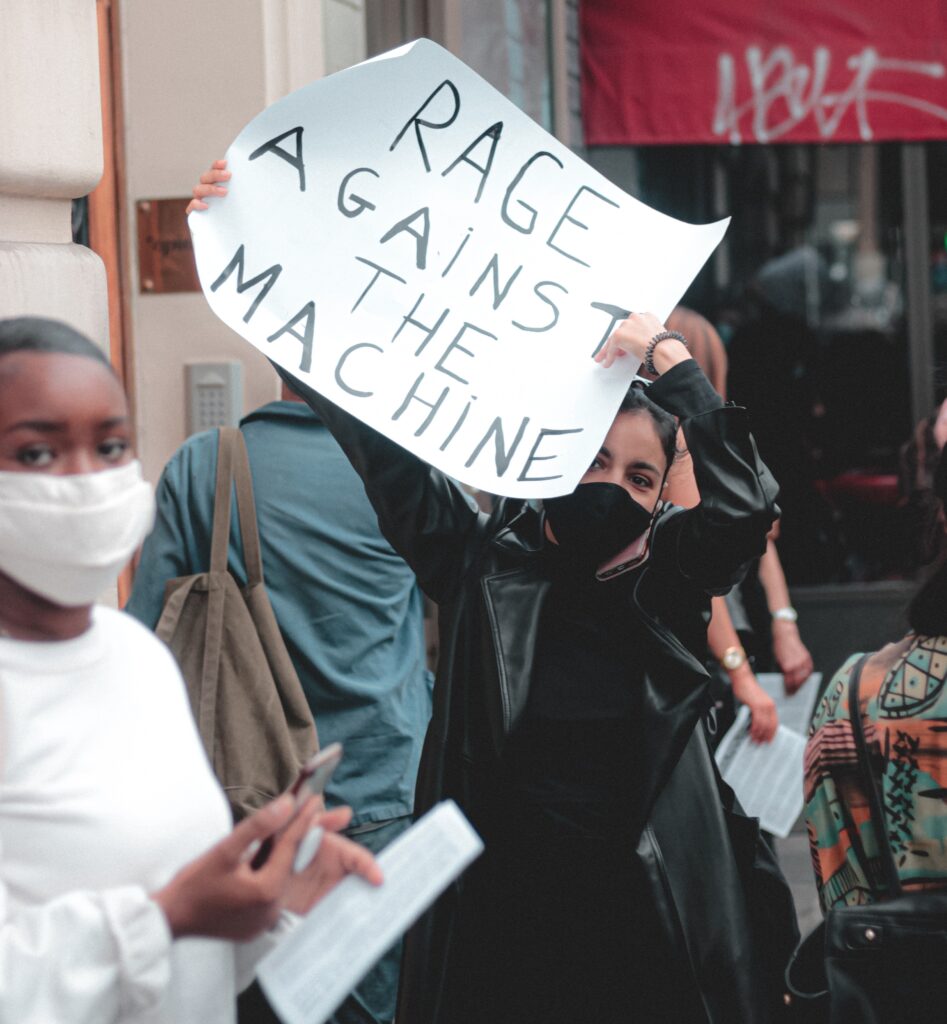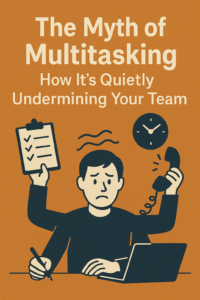Before delving into the topic, let’s first understand who Gary Lineker is. Lineker, a former English footballer, was renowned for his goal-scoring prowess while playing for Leicester City and Tottenham Hotspur. After retiring from football, he transitioned into a successful sports broadcasting career, hosting and analyzing for various television networks.
Lineker is perhaps best known for hosting “Match of the Day,” a long-running British football highlights show that debuted in 1964. As Jozef Opdeweegh‘s article points out, Lineker is also a vocal advocate for free speech, frequently expressing his views on social media platforms like Twitter.
Due to Lineker’s prominent standing in the sports community and his strong opinions on free speech, his actions and comments often garner substantial attention from both the media and the public. As a result, his positions on free speech-related issues are especially significant and contribute to broader discussions on this crucial subject.
Jozef Opdeweegh’s article, “Match of the Day and Free Speech,” prompts essential inquiries about the role of free speech in society and the possible repercussions of censorship. The article’s examples of recent events showcase the potential dangers of restricting free expression, but it’s important to delve deeper into the intricacies of this issue.
Striking a balance between free speech, respect, and sensitivity is particularly relevant in the current social and political climate. Free speech is essential to nurturing a variety of perspectives and encouraging the exchange of ideas. However, we must also consider the negative impact of hate speech and prejudiced language, which can cause real harm, especially to vulnerable groups.
The First Amendment lays the groundwork, but navigating the world of free speech can be complicated. Although it is evident that incitement to violence is not protected, it can be challenging to determine the boundaries for intentionally hurtful or prejudiced speech.
Determining the line between free expression and harm can frequently be a challenging process.
In order to establish an atmosphere that promotes open discussion and debate, we must commit to embracing principles of diversity, equity, and inclusion. Furthermore, we need to be mindful not to obstruct free speech by “canceling” those who express contentious or offensive views.
Tackling the matter of free speech calls for a sophisticated approach, one that enables everyone to be heard while maintaining accountability for inappropriate conduct.
It’s crucial that we stay vigilant against efforts to curtail expression and cooperate in fostering an atmosphere of mutual understanding and respect for various perspectives.
Key points to remember:
- Free speech matters: The article underlines how essential it is to have open discussions and diverse opinions in sports journalism, helping to enrich the conversation around the game.
- Watch out for censorship: The author shares their worry about censorship in sports journalism, providing examples of times when commentators or journalists have faced backlash for speaking their minds.
- Striking the right balance: The article suggests finding a balance between maintaining a professional approach and letting journalists express their opinions freely, encouraging open debate and respectful disagreements in the world of sports journalism.
- Social media’s role: The article also delves into how social media can amplify controversial opinions, stressing the importance of using these platforms responsibly in order to prevent escalating conflicts and protect the spirit of free speech while calling out hypocrisy
Article FAQs
Q: What does the article emphasize in sports journalism?
A: The article emphasizes the significance of free speech, concerns about censorship, and the role of social media in shaping opinions within sports journalism.
Q: Why does free speech matter in sports journalism?
A: Free speech matters as it enables diverse opinions and open discussions on game-related topics, enriching conversations and fostering a healthy debate in sports journalism.
Q: What censorship concerns are present in sports journalism?
A: The author highlights concerns where commentators or journalists face backlash for expressing views, limiting opinion diversity and hindering open debate in sports journalism.
Q: How can sports journalism achieve a balance between professionalism and free speech?
A: Striking a balance involves maintaining professionalism while allowing journalists to express opinions without fear, promoting open debate and respectful disagreements in sports journalism.
Q: What is the role of social media in the context of sports journalism and free speech?
A: Social media can amplify controversial opinions, making responsible usage crucial to prevent conflict escalation and protect the spirit of free speech in sports journalism.




